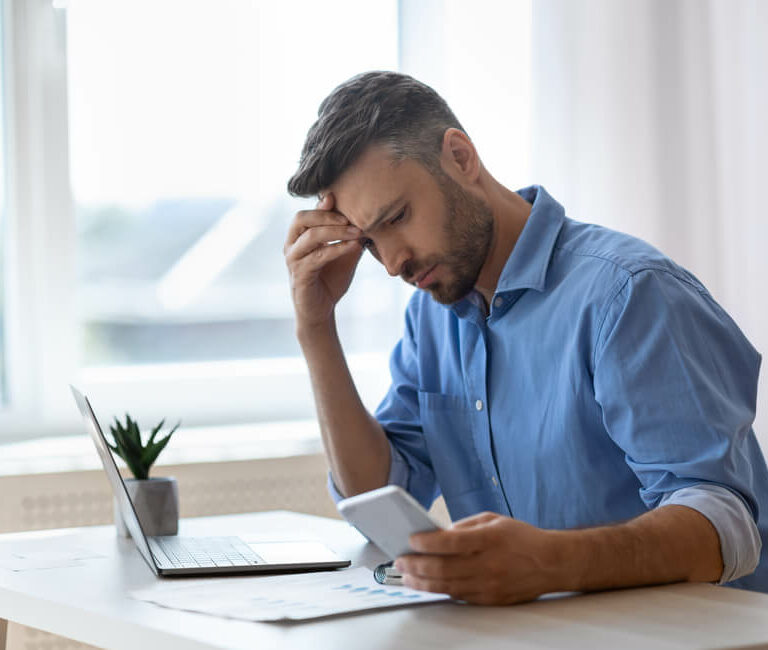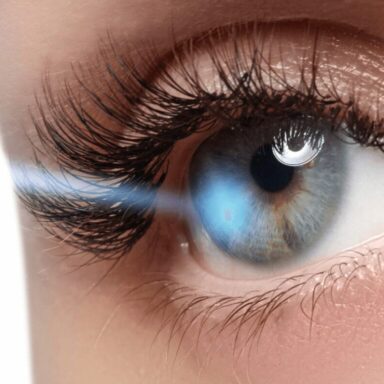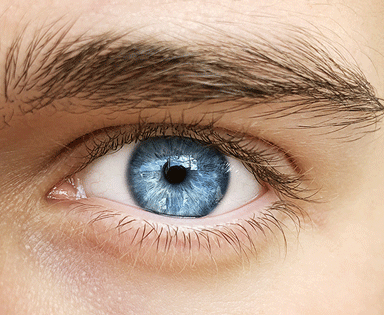From carrots helping us see in the dark, to wearing glasses making our eyes worse, you’ve probably heard that all sorts of things are good or bad for your eyes.
But what’s actually true?
We’ve taken a close look at seven common eye health myths and separated the fact from the fiction. That includes whether carrots really do have sight superpowers. (Spoiler alert – don’t chuck out your carrots, or carrot cake, just yet!)
Myth 1 – Is it true that if you have 20/20 vision, your eyesight is perfect?
Fact
20/20 vision means you can clearly see something that’s 20 feet away.
You might also hear it called 6/6 vision – it means pretty much the same thing.
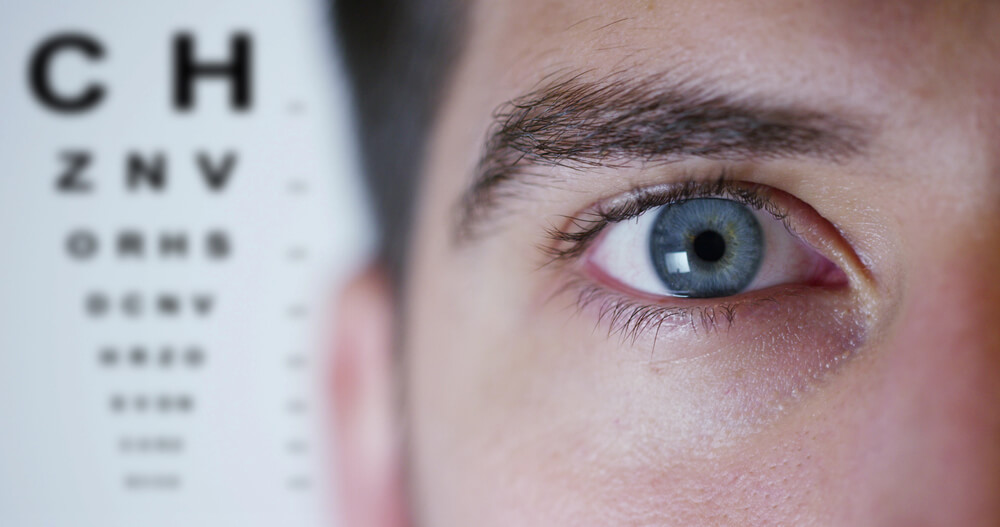
Unfortunately for anyone who’s been bragging about their perfect peepers, having 20/20 vision means your eyesight isn’t perfect, it’s just, ahem, average.
It’s possible to have better than 20/20 vision. If you have 20/10 vision, for instance, it means you can see something 20 feet away that most people can only see well from 10 feet.1(p20)
Myth 2 – Do carrots help you see in the dark?
Fact
There is a bit of truth in this! Carrots won’t give you sight superpowers but they are good for your eyes.
Thanks to their orange colour, carrots are brimming with beta-carotene, a compound our body turns into vitamin A, which is good for our eyes.

We need vitamin A, for instance, to make rhodopsin – a purple protein that helps us see, especially in poor light. Without vitamin A, we’d develop night blindness, which, like the name suggests, is when people can’t see well at night. Dark places such as cinemas can be a struggle too.2
So, carrots do nourish our eyes and our night vision. So far, so good.
But while munching on carrots can help improve vision if you are low in vitamin A, a veg fest won’t give you super-duper sight if you already have enough of the vitamin.3 In fact, overdoing it on carrots can turn your skin a bit orange. (Totally harmless but perhaps not the look you had in mind!)3
If you’ve grown up hearing about the carrot’s night-time superpowers, you have WWII propaganda to thank.
A Ministry of Food campaign proclaimed that eating carrots was key to British pilots’ success, particularly when flying at night. Government ads urged civilians to get in on the carrot act, telling them “Carrots keep you healthy and help you to see in the blackout”.
Some say that the government was trying to hide that its pilots were using a new radar system –or maybe the country simply had too many carrots!4
Myth 3 – Does reading in the dark damage your eyes?
Fact
As any young bookworm knows, there’s nothing quite like reading under the covers with a torch! And the good news is, no matter what you might have been told, reading in dim light doesn’t do lasting damage to your eyes.
Our eyes can strain to focus in dim light though, so secret night-time reading sessions might leave your eyes feeling tired.
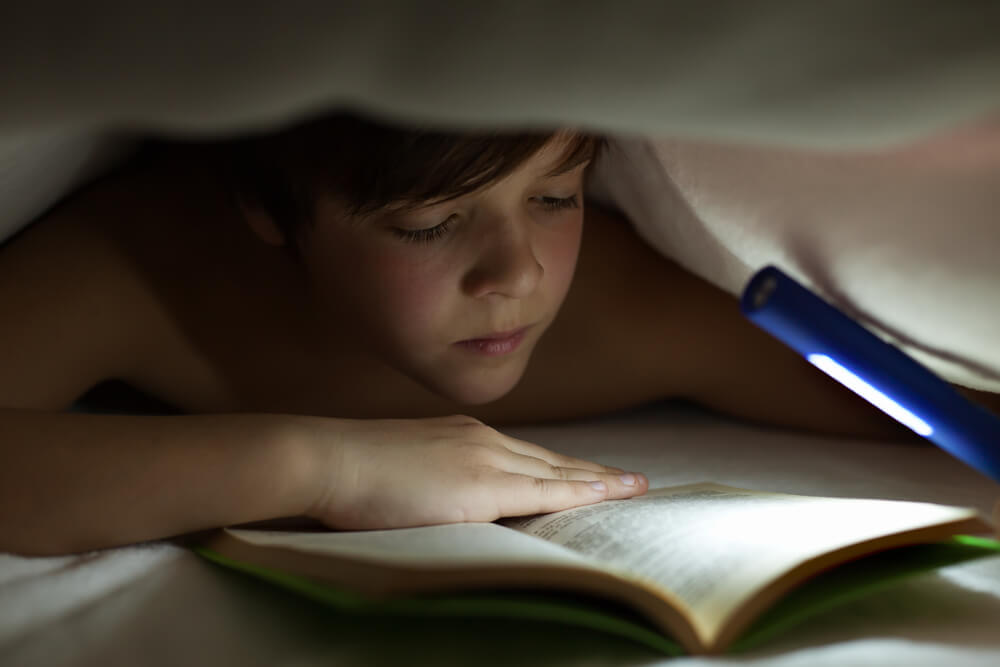
You’ll probably blink less often too, which could leave your eyes dry and itchy.5
If you are troubled by dry eyes, eye drops, such as Cationorm®, can moisten and soothe them, quickly relieving discomfort, particularly if your symptoms are mild.
Find out more about myths and misconceptions about dry eye in our guide.
Myth 4 – Is it true that if you cross your eyes, they might stay crossed?
Fact
Our eyes are quite a feat of engineering and their muscles allow them to move in all directions. If you move them up or down or to the left or right, they don’t stay in those positions and, if you cross them, they don’t stay that way, either.6
Crossed eyes, or, to give them their proper name, strabismus (struh*biz*muhs – go on give it a go!) is a condition in which the eyes look in different directions. It’s most common in young kids but can occur at any age.7
Causes include being extremely long-sighted and problems with our eye muscles – we have six of ‘em in each eye and they need to work as a team. Lots of health conditions, including strokes, thyroid disease and diabetes, can interfere with this.8
Myth 5 – Does wearing glasses make your eyesight worse?
Fact
Glasses or contacts won’t make your eyes weaker.
Yes, you may need stronger glasses as time goes on but that’s because our eyes change as we grow and get older. Some eye conditions can affect our vision too.9
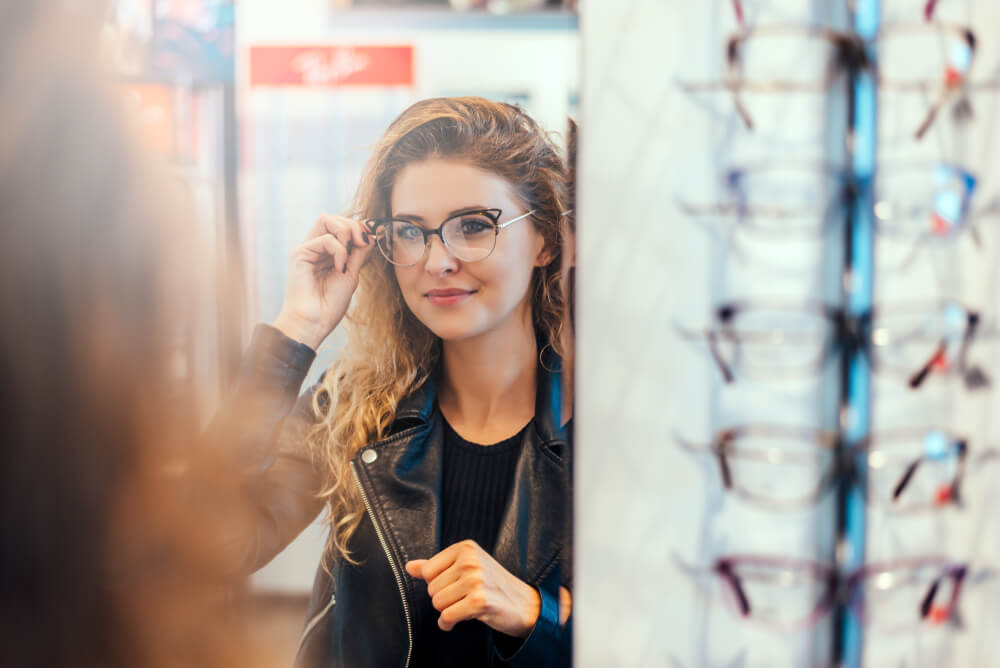
If your vision is sharper in the morning, before you put on your specs, than in the evening, when you take them off, it’s easy to blame your glasses for making your eyes “lazy”.
But this has an explanation too. Our eyes are more flexible in the morning. This makes it easier for them to focus – and easier for you to see clearly without your glasses.10
Myth 6 – Do colour blind people see in black and white?
Fact
Most people who are colour blind can see in colour, they just find it difficult to tell certain colours apart.
There is a severe form of colour blindness, in which everything is seen in shades of grey, but it’s rare.
Around one in 12 men and one in 200 women have “red-green” colour blindness. They might have trouble telling the difference between red and green, as well as telling how bright colours are and seeing different shades.
They sometimes confuse red with black, too. And it can be hard to know if meat is fully cooked.11
Myth 7 – Is it true that sitting too close to the TV can give you square eyes?
Fact
Sitting right in front of the telly might give you a bit of a headache but it definitely won’t give you square eyes!
If you find yourself doing it, it might mean you are short-sighted and need glasses, though.
Kids are a bit different. They find it particularly easy to focus on nearby objects, so they might actually be more comfortable within touching distance of the screen.12
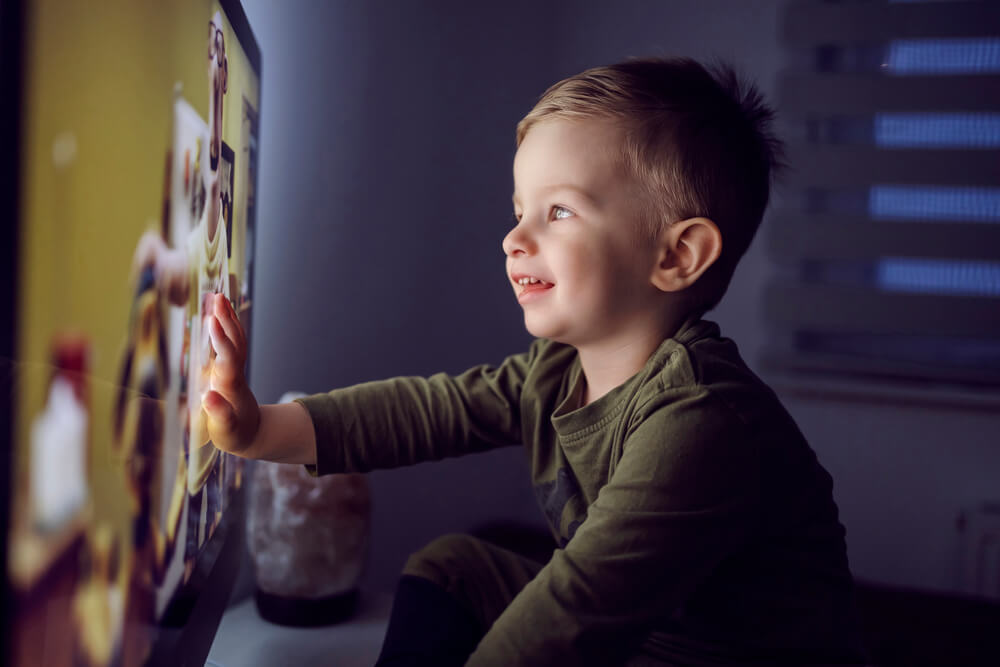
Some experts, though, think that if children spend hours and hours up close reading or looking at a smartphone or TV screen, it could raise their risk of becoming short-sighted.13 They argue that outdoor light – and looking into the distance – is good for young eyes.14
It is known that when we stare at a computer screen, we blink less, which can make our eyes feel dry and itchy. To help keep your eyes moist when using your laptop, try following the 20/20/20 rule. Give yourself a 20-second from your screen every 20 minutes and look at something 20 feet away.15


